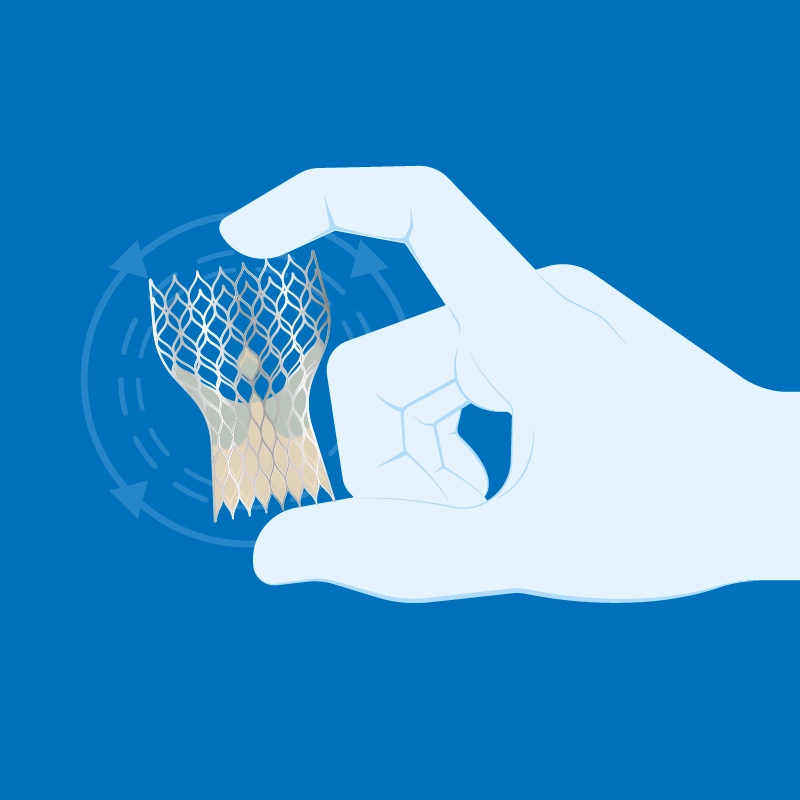
The aorta, the largest artery in the human body, serves as the main blood vessel carrying oxygenated blood from the heart to various organs. Aortic pathologies, such as aneurysms, dissections, and aortic valve diseases, can be life-threatening if left untreated. Fortunately, advancements in medical science have led to significant progress in the field of aortic surgeries, offering hope to patients facing these challenging conditions. Here are the different types of aortic surgeries, their significance, and the advancements that have revolutionized the field.
Understanding Aortic Pathologies
Before delving into aortic surgeries, it is crucial to grasp the various aortic pathologies that may necessitate surgical intervention. The three main conditions that require treatment are:
- Aortic Aneurysms: Aortic aneurysms are abnormal bulges or weakening of the aortic wall, which can lead to a life-threatening rupture if left untreated.
- Aortic Dissections: Aortic dissections occur when the inner layer of the aortic wall tears, causing blood to flow between the layers, leading to life-threatening complications.
- Aortic Valve Diseases: These include conditions such as aortic valve stenosis or regurgitation, where the valve fails to function correctly, affecting blood flow from the heart to the aorta.
Types of Aortic Surgeries
Aortic surgeries can be broadly classified into two categories: open surgeries and endovascular procedures.
- Open Surgeries: Traditional open aortic surgeries involve making a large incision to access the aorta directly. Surgeons repair or replace the affected portion of the aorta during these procedures. While effective, open surgeries can be invasive and require a more extended recovery period.
- Endovascular Procedures: Endovascular surgery is a minimally invasive approach that involves using catheters and stent grafts to repair the aortic pathology from within. This approach is less invasive, resulting in shorter hospital stays and faster recovery times compared to open surgeries.
Advancements in Aortic Surgeries
Over the years, significant advancements in medical technology and surgical techniques have transformed aortic surgeries, making them safer and more effective.
- Endovascular Aneurysm Repair (EVAR): EVAR has revolutionized the treatment of aortic aneurysms. During this procedure, a stent graft is inserted through small incisions in the groin and guided to the site of the aneurysm. The stent graft reinforces the weakened aortic wall, preventing the risk of rupture. EVAR significantly reduces the chances of complications and has become the preferred method for treating many abdominal and thoracic aortic aneurysms.
- Thoracic Endovascular Aortic Repair (TEVAR): TEVAR (Thoracic Endovascular Aortic Repair) is a specialized form of endovascular surgery designed specifically for thoracic aortic aneurysms. By using stent-grafts, TEVAR provides a less invasive alternative to open surgery for treating these complex conditions. Patients undergoing TEVAR experience reduced blood loss, shorter hospital stays, and faster recovery times. TEVAR has revolutionized the treatment of thoracic aortic aneurysms, offering patients a safer and more efficient option for addressing this critical health concern.
- Hybrid Aortic Procedures: Hybrid aortic procedures combine both open surgery and endovascular techniques. This approach is often utilized for complex aortic pathologies that may require a combination of treatments. Hybrid procedures offer a tailored solution, minimizing the invasiveness of traditional open surgery and capitalizing on the benefits of endovascular techniques.
- Transcatheter Aortic Valve Replacement (TAVR): TAVR is a groundbreaking procedure for patients suffering from aortic valve diseases, particularly those considered high-risk or inoperable for traditional open heart surgery. In TAVR, a prosthetic valve is inserted through a catheter and guided to the site of the diseased valve. This innovative approach reduces the need for sternotomy and results in quicker patient recovery.
Benefits of Aortic Surgeries
Aortic surgeries offer several important benefits:
- Life-saving: Aortic surgeries can prevent life-threatening conditions such as aortic aneurysm rupture or dissection, which can lead to severe internal bleeding and sudden death.
- Improved blood flow: By repairing or replacing damaged portions of the aorta, these surgeries restore normal blood flow, reducing the risk of organ damage and improving overall cardiovascular health.
- Symptom relief: Patients often experience relief from symptoms like chest pain, shortness of breath, and fatigue, which are commonly associated with aortic diseases.
- Enhanced quality of life: Successful aortic surgeries can lead to an improved quality of life, allowing patients to return to their normal activities and routines.
- Long-term benefits: Aortic surgeries have the potential to provide long-term solutions, reducing the need for repeated interventions and ensuring a better prognosis.
- Minimally invasive options: Advancements in technology have led to minimally invasive techniques, resulting in shorter hospital stays, less pain, and faster recovery times.
- Prevention of complications: By addressing aortic issues promptly, surgeries can prevent complications such as stroke, kidney damage, and peripheral artery disease.
- Increased longevity: Aortic surgeries can extend the lifespan of patients with aortic diseases, enabling them to live longer, healthier lives.
Patient Education and Awareness
While medical advancements have revolutionized aortic surgeries, patient education, and awareness are equally crucial. Early detection and intervention play a significant role in successful outcomes. Individuals with a family history of aortic diseases or risk factors like hypertension, smoking, or connective tissue disorders should undergo regular screenings.
Lifestyle modifications, including a heart-healthy diet, regular exercise, and smoking cessation, can significantly reduce the risk of developing aortic diseases. Moreover, recognizing the symptoms of aortic emergencies, such as sudden, severe chest or back pain, requires immediate medical attention.
Conclusion
Aortic surgeries have come a long way in saving lives and improving patient outcomes. The advancements in endovascular procedures, such as EVAR, TEVAR, and TAVR, have made a significant impact on treating aortic pathologies with reduced invasiveness and quicker recovery times. As medical technology continues to progress, we can anticipate even more innovative approaches to managing aortic conditions, enhancing the quality of life for patients worldwide. Remember, early diagnosis and timely intervention are key to successful treatment. Sakra World Hospital offers aortic valve replacement in Bangalore with top-notch care and expertise. Aortic valve replacement is a cutting-edge procedure that can effectively treat aortic valve conditions, providing patients with improved heart function and overall well-being.

